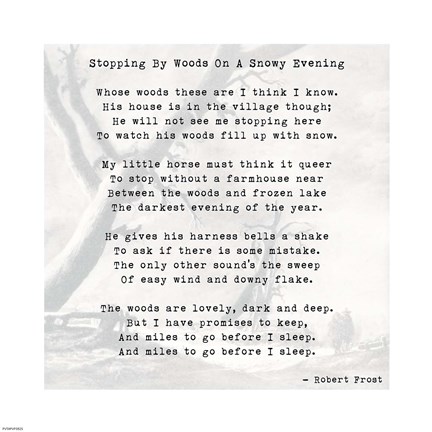
Rea wrote about the poem's " alliterative symmetry", citing as examples the second line's "hardest – hue – hold" and the seventh's "dawn – down – day" he also points out how the "stressed vowel nuclei also contribute strongly to the structure of the poem" since the back round diphthongs bind the lines of the poem's first quatrain together while the front rising diphthongs do the same for the last four lines. Ferguson wrote of the poem, "Perhaps no single poem more fully embodies the ambiguous balance between paradisiac good and the paradoxically more fruitful human good than 'Nothing Gold Can Stay,' a poem in which the metaphors of Eden and the Fall cohere with the idea of felix culpa." New Hampshire also included Frost's poems " Fire and Ice" and " Stopping by Woods on a Snowy Evening".Īlfred R. The poem lapsed into public domain in 2019.

It was later published in the collection New Hampshire (1923), which earned Frost the 1924 Pulitzer Prize for Poetry.

" Nothing Gold Can Stay" is a short poem written by Robert Frost in 1923 and published in The Yale Review in October of that year.


 0 kommentar(er)
0 kommentar(er)
